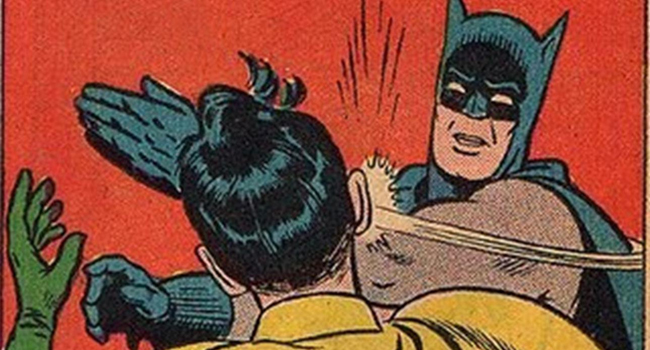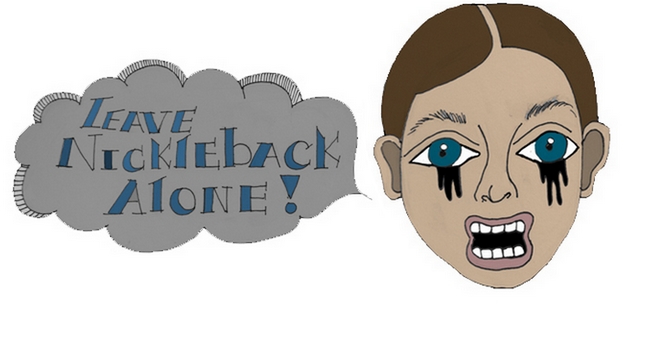For one brief moment last year, the music loving world was bafflingly united in Foster The People’s inanely violent “Pumped Up Kicks” as the song of the summer. Unlikely a choice as it was, the song had one definite thing going for it: it was far more empowering than most of the offerings that summer. It was a plume of flowering shit-talk aimed at anyone who would listen, a California “fuck you” to those with pumped up kicks, whatever they are.
This year, that empowering spirit carries over. However the results are two different songs that split the indie and Top 40 camps into their traditional positions. More interesting, however, is how each plays into this idea of empowerment, specifically the female kind.
An enterprising hipster would be forgiven if they called Carly Rae Jepsen’s monstrous hit “Call Me Maybe” catchy. The song is pure catch, diluted from all other songwriting frivolities such as melody, harmony or pesky ideas of non-AAB rhyme scheme. Jepsen, a failed Canadian Idol contestant (for good reason: she can’t sing), makes mincemeat of the idea of pop as a complex thing.
Jepsen’s songwriting simpleness is the defining reasons she is dominating the summer pop landscape – “Call Me Maybe” could be understood by aliens viewing Earth as “stupid pop.” The danger here is that Jepsen’s lyrics, uncomplicated as they may be, present a decidedly unempowered step back for a female pop scene that has been replete with swaggering, confident sex machines – Lykke Li, Robyn, M.I.A., hell you could count Adele.
Yet here is this failed reality show contestant, pandering around a bridge that defines a sector of female driven pop that bore out Britney Spears’ slavery-obsessed decline – “before you came into my life I missed you so bad.” Disregarding that, really, one cannot miss anything if it’s never been in their life, this isn’t exactly the point of view pop should be shilling to youngsters.
The equally mind-numbing video paint this same point in a different light; while Jepsen sings about waiting on baited breath at the phone for a call from this man she only knows is “hard to look right at,” her character is reading romance novels and fake washing her car, until finally being a damsel in distress gets the [SPOILER ALERT] gay man’s attention.
While it may seem pithy to take a brainless pop song by a Canadian as such a serious indictment of the way pop cam somehow set female empowerment back several years, it’s because there are decidedly better options just a few musical steps away. Swedish duo Icona Pop, pure newcomers to the battlefield of dominant summer singles, have so far led a strong campaign for their booming electronica anthem “I Love It.” While “I Love It” has some quintessential European bombast punctuated with a heaping dollop of WOMPWOMPWOMP synthetica that has taken over American shores, the song’s most endearing feature is the reckless spirit which Icona Pop imbue their tunes, and consequently their listeners, with. Most powerfully, though, “I Love It” tones it’s arena sized power trip to go all empowered on everybody’s ass. Ending with a pandering “but I’m a ’90s bitch” cheapens the message slightly, but the effectiveness of what is otherwise a fairly “meh” song is clear.
Expecting social liberalism or advancement in summer pop is sort of like expecting Transformers to be anything more than dubstep visual effects porn. But sanctioning “Call Me Maybe” as anything other than a slight against women is ignoring a prevailing issue because of it’s seasonal context. Jepsen’s breakout single is dumb, sure, but it’s also reductionist and completely unaware of its own message. Icona Pop may not get the song of the summer title, but their strong stance and lyrical individuality blaze on “I Love It.”



